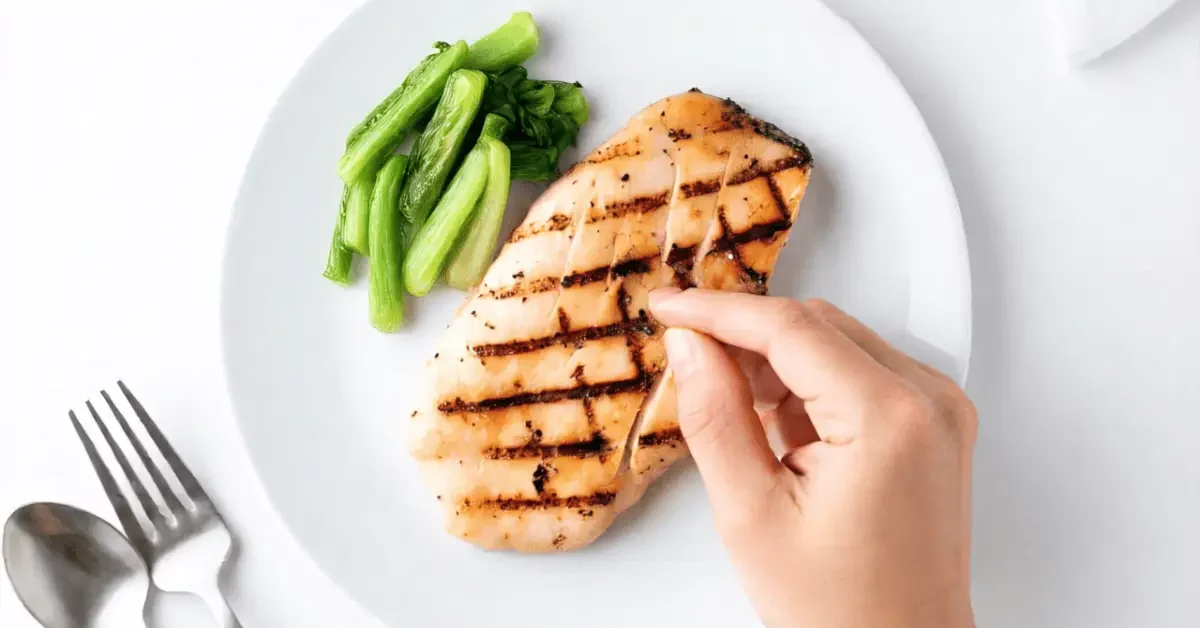Are you tired of fad diets and quick fixes that never seem to work? Do you struggle with overeating or poor food choices? Look no further! Portion control is a simple yet effective approach to achieving and maintaining a healthy weight. In this comprehensive guide, we’ll explore the benefits, strategies, and practical tips for mastering portion control.
What is Portion Control?
Portion control is the practice of eating smaller, measured amounts of food to maintain a healthy weight and overall well-being. It’s not about depriving yourself of your favorite foods, but rather developing a mindful approach to eating. By controlling your portions, you’ll:
- Reduce calorie intake
- Develop healthy eating habits
- Boost nutrient intake
- Improve digestion
- Enhance overall health
Benefits of Portion Control
- Weight Loss : Portion control leads to reduced calorie intake, resulting in weight loss.
- Improved Blood Sugar Control : Smaller portions help regulate blood sugar levels.
- Reduced Risk of Chronic Diseases : Portion control lowers the risk of obesity, heart disease, and certain cancers.
- Increased Energy : Balanced meals and snacks provide sustained energy.
- Better Digestion : Smaller portions ease digestion, reducing bloating and discomfort.
- Financial Savings : Cooking and eating at home reduces food waste and saves money.
Strategies for Effective Portion Control
- Use Measuring Cups and Spoons : Measure food portions to develop awareness.
- Eat Off Smaller Plates : Downsize your dinnerware to visually adjust portions.
- Avoid Distractions While Eating : Focus on your food to recognize hunger and fullness cues.
- Plan Meals and Snacks : Schedule healthy, balanced meals to avoid overeating.
- Be Mindful of Serving Sizes : Check food labels for serving sizes.
- Don’t Skip Meals : Regular meals maintain metabolism and prevent overeating.
- Stay Hydrated : Drink water throughout the day to curb hunger.
Practical Tips for Portion Control
Breakfast
- Start with a small, balanced breakfast (300-400 calories).
- Choose whole grains, fruits, and lean proteins.
Lunch and Dinner
- Use a food scale or measuring cups for accurate portions.
- Fill half your plate with vegetables.
- Include lean protein sources (3-4 oz or deck-of-cards size).
- Limit carbohydrates (1/2 cup cooked).
Snacking
- Choose nutrient-dense snacks (fruits, nuts, carrot sticks).
- Control snack portions (100-200 calories).
Dining Out
- Research restaurant nutrition information.
- Opt for smaller portions or share meals.
- Avoid buffets and all-you-can-eat options.
Emotional Eating
- Recognize emotional triggers (stress, boredom).
- Find alternative coping mechanisms (exercise, meditation).
- Practice mindful eating.
Common Portion Control Mistakes
- Overestimating Serving Sizes : Check food labels.
- Not Accounting for Hidden Calories : Be aware of added sugars, oils.
- Skipping Meals : Maintain regular eating schedule.
- Not Staying Hydrated : Drink water throughout the day.
Tools for Successful Portion Control
- Food Diary : Track eating habits, portion sizes.
- Mobile Apps : Utilize apps like MyFitnessPal or Lose It!.
- Measuring Cups and Spoons : Accurate measurements.
- Food Scale : Weigh food portions.
Conclusion
Portion control is a sustainable approach to achieving and maintaining a healthy weight. By implementing these strategies, tips, and tools, you’ll develop a balanced relationship with food. Remember, it’s not about deprivation, but mindful eating. Start your journey today and reap the benefits of portion control.
Frequently Asked Questions
- Is portion control suitable for everyone? Yes, portion control benefits individuals of all ages and health goals.
- How long does it take to see results? Noticeable weight loss and health improvements occur within 2-6 weeks.
- Can I still enjoy my favorite foods? Yes, in moderation and with controlled portions.
Additional Resources
- Academy of Nutrition and Dietetics : Reliable nutrition information.
- American Heart Association : Healthy eating guidelines.
- National Institutes of Health : Weight management resources.
By incorporating portion control into your lifestyle, you’ll unlock the door to sustainable weight management and overall well-being. Start your journey today!




